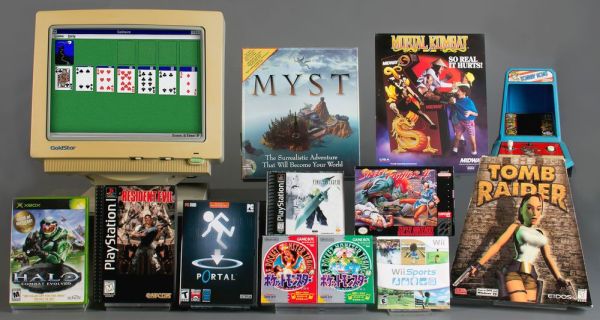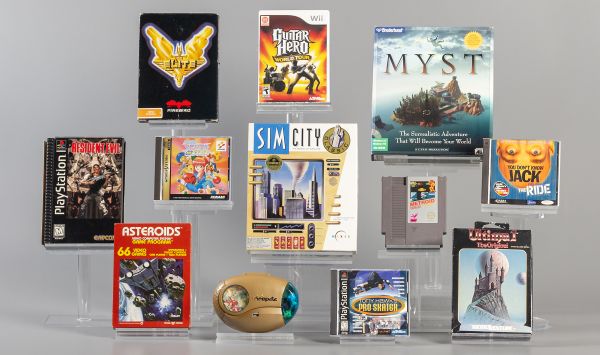
Spring is in the air, and that means it’s time for the curators at the World Video Game Hall of Fame to unveil this year’s ballot of possible inductees. The Class of 2024 will be the tenth to be welcomed into the Hall, and this year’s competition will include a grab bag of previous finalists and a eclectic slate of newcomers.
Leading the pack is a trio of two-time finalists, including Capcom’s Resident Evil (previously up for consideration in 2017 and 2022), Harmonix’s Guitar Hero (2020 and 2021), and Cyan’s Myst (2017 and 2019). All three have a strong case for induction, but they’ll be competing against a few other previous finalists, including Elite (which was a finalist in 2016), Asteroids (2018), and Metroid (2018).
But don’t count out the rookies, who come from some of gaming’s less-crowded corners. There’s a browser-based classic from the early 2000s (Neopets), the original city builder (SimCity), an early dating simulation (Tokimeki Memorial), a big name in extreme sports (Tony Hawk’s Pro Skater), Richard Garriott’s groundbreaking RPG (Ultima), and the chaotic trivia game that inspired the Jackbox franchise (You Don’t Know Jack).
“Even ten years in, there’s no shortage of deserving contenders that have had enormous influence on pop culture or the game industry itself,” said Jon-Paul Dyson, the Director of the Hall of Fame’s parent organization, the International Center for the History of Electronic Games at the Strong Museum. “These games span decades. Asteroids is an icon of the late 70s arcade. Myst showed the potential of CD-ROM technology in the 90s. Neopets became a staple of browser-based, free games as we entered the 2000s. And Guitar Hero, which is less than 20 years old, has already proven its staying power.”
As always, the World Video Game Hall of Fame is opening up the voting to the general public between now and March 21. Make your choice at WorldVideoGameHallOfFame.org, and the three games that receive the most votes will be submitted as a Player’s Choice ballot alongside the other ballots from the Hall of Fame’s International Selection Advisory Committee.
The World Video Game Hall of Fame’s Class of 2024 will be announced on Thursday, May 9, at 10:30 AM (Eastern Time). And if you’re unfamiliar with any of this year’s finalists, you can learn more about them after the break.



 Justin McElroy, Griffin McElroy, Chris Plante, and Russ Frushtick host The Besties, a podcast where they talk about “the best game of the week” every week.
Justin McElroy, Griffin McElroy, Chris Plante, and Russ Frushtick host The Besties, a podcast where they talk about “the best game of the week” every week.
 You may want to sit down, because what I’m about to say might shock you… video games have changed and evolved tremendously since the 1990s.
You may want to sit down, because what I’m about to say might shock you… video games have changed and evolved tremendously since the 1990s.
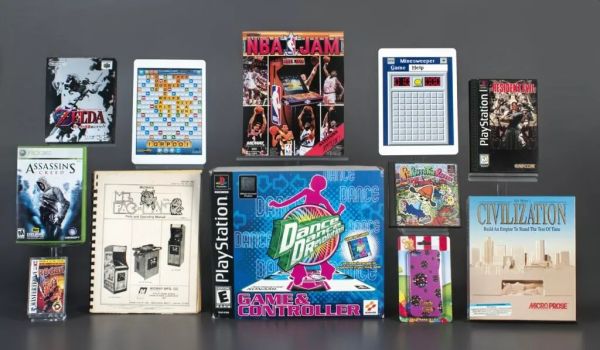

 Geoff Keighley will present the 2020 Game Awards to the best games from this past year on December 10th.
Geoff Keighley will present the 2020 Game Awards to the best games from this past year on December 10th.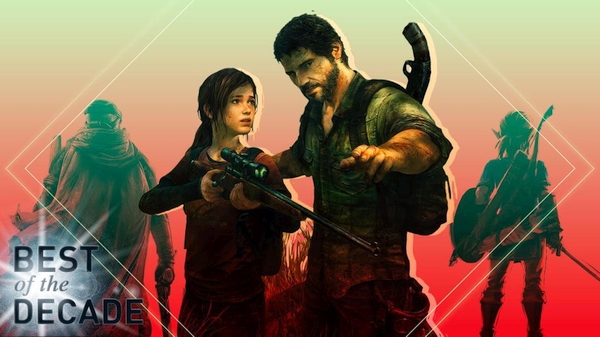
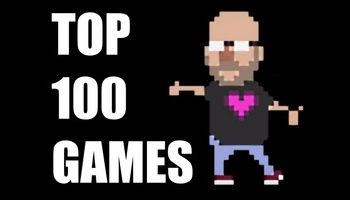
 As a former video producer for IGN and Kinda Funny,
As a former video producer for IGN and Kinda Funny, 